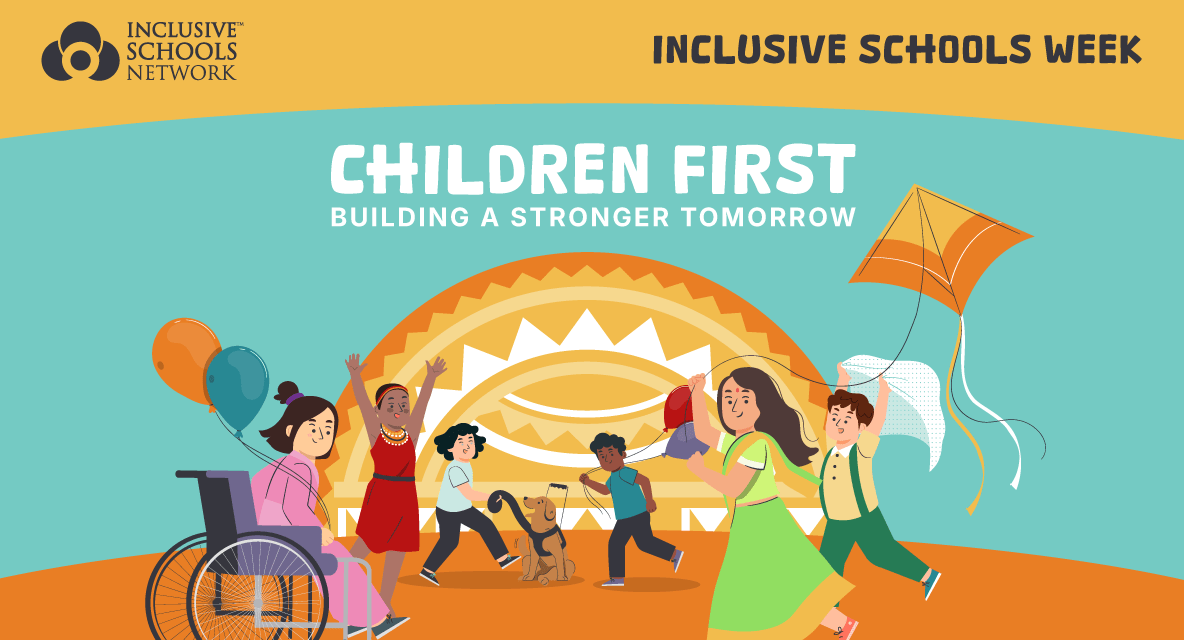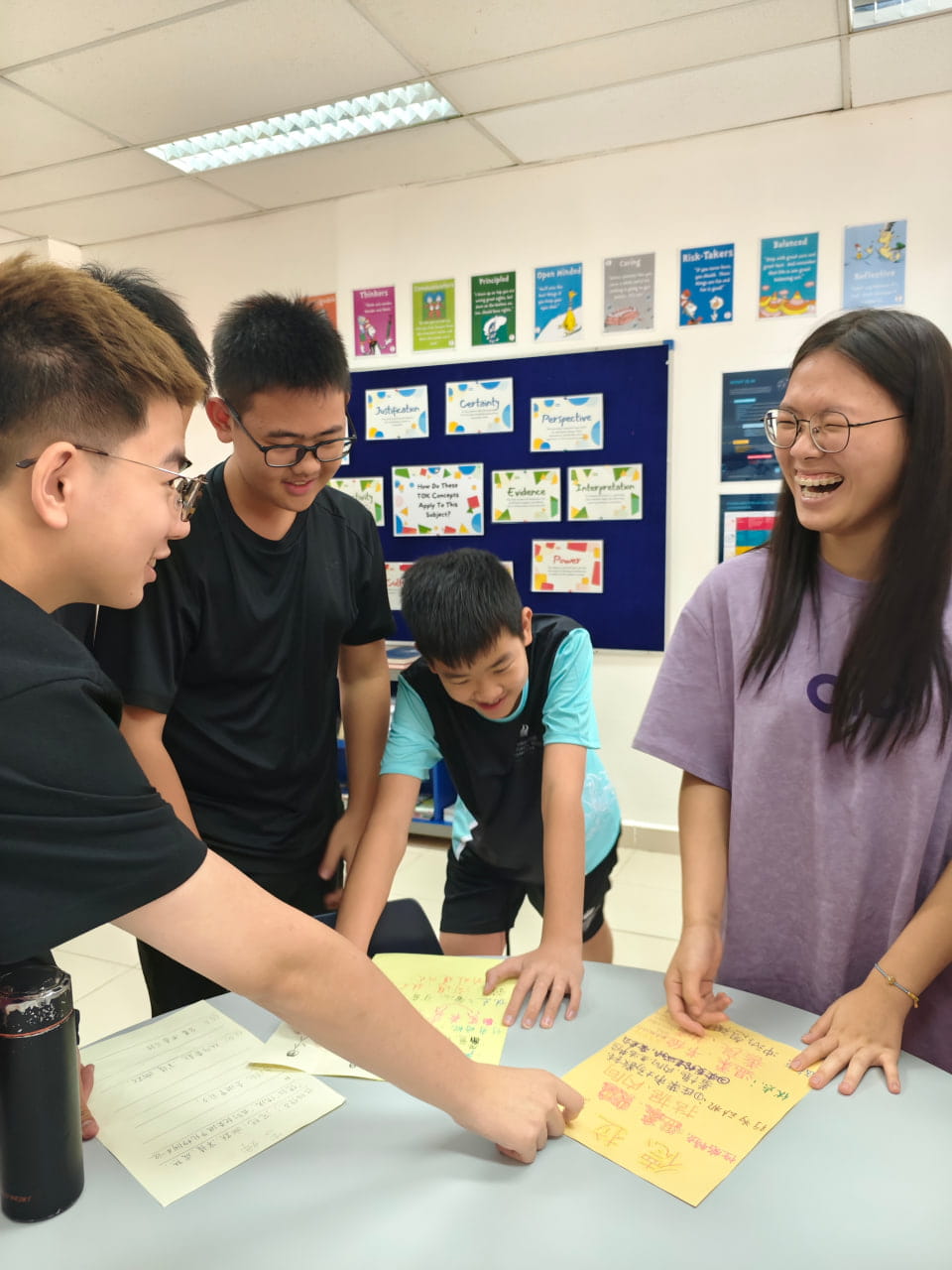Why Northbridge embraces an inclusive approach when it comes to diversity among staff and students Diversity is an asset in any organization, while inclusion is ensuring that all differences count. Northbridge International School Cambodia strives to make sure all staff and students alike are valued, welcomed and included.
Diversity is an asset in any organization, while inclusion is ensuring that all differences count. Northbridge International School Cambodia strives to make sure all staff and students alike are valued, welcomed and included.
Reading our school’s commitment, it is difficult to speak against inclusion in this sense, but the question needing to be asked is whether it is possible to create an inclusive school and classes that are truly deemed inclusive.
Allowing our staff to be participative and engaging at different levels, provides different unique perspectives, which ultimately influences what we do. By encouraging a diverse and inclusive school provides a platform for developing creativity and improves the quality of decision-making.
We believe inclusion involves a daily commitment to empower each other through genuine respect, sharing and valuing others’ thoughts, perspectives and beliefs and treating others the way that they want to be treated.
Inclusion is not only about students with different types of barriers to learning. Inclusion means that all students should have a beneficial place in our school. Thus, noble words in practice, whereby diversity is fully celebrated in classes with gifts and talents, strengths and areas of concern receiving positive, proactive attention.
It is true to say that teachers probably have their own ideas about how the teaching should be differentiated so that all students have the opportunity to succeed at their particular level.
There are many teachers who succeed in meeting diverse needs, from whom one can learn. For others, this can be seen as almost an impossible task with the pressures of curriculum and a wide range of performance levels.
It is not unusual for teachers to experience a sense of inadequacy or frustration when faced with students who do not keep up with the pace of the curriculum, those who are unmotivated or act out in behaviourally inappropriate ways.
It is accepted that inclusive education requires support structures; personnel and resources. However, teachers as the first point of contact, building relationships with students, knowledge, skills and attributes to support diversity are developed through learning- self or school initiated.
Further, through collaboration by all team members, ideas can be shared, new and better strategies employed, and problems can be solved collectively. Progress of students can be better monitored, and their progress effectively evaluated.
The reality of humanity is diversity. The role of the 21st Century educator is to embrace inclusion.







